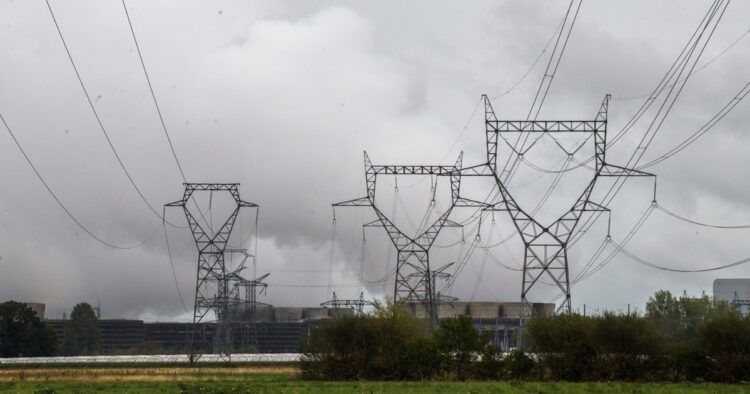European Union countries are urging Brussels to find ways to increase funding for power grids due to concerns over aging infrastructure potentially hindering Europe’s environmental objectives. A preliminary document indicates that the EU’s transition to clean energy will necessitate a significant expansion of power grids.
This expansion aims to facilitate the connection of consumers to large offshore wind farms, numerous local solar panels, and the installation of millions of electric vehicle charging stations.
ALSO READ: “Bharat-EU FTA Poses Challenges Due to Non-Trade Issues, Says EAM Jaishankar”
As per the draft of conclusions for an upcoming meeting of EU energy ministers on May 30, member states will request the European Commission to evaluate the adequacy of current EU funds allocated for power grids in comparison to the actual investment requirements.
The document suggests that the Commission should provide guidance on maximizing the utilization of EU funds for grid projects and explore avenues to augment overall financing for electricity grid infrastructure.
The draft emphasizes the need for the European Investment Bank to bolster its support for power grid projects, including strategies to mitigate risks associated with these projects to attract private investment. Despite the urgency, current investments in grids fall significantly short of the estimated €584 billion per year deemed necessary to achieve the EU’s environmental objectives.
Previous year, the EU incorporated numerous power grid projects into a list of initiatives eligible for expedited permits and specific EU funds. Kristian Ruby, secretary general of industry group Eurelectric, demonstrated the significance of accelerating investments to prevent newly constructed green energy projects from languishing due to delays in connecting to outdated power networks.
The growing demand for grid connections is evident, with over 35,000 power plants seeking new connections to Austria’s power grid in 2022, marking a substantial increase from the previous year.
ALSO READ: “Polish Farmers Rally in Warsaw Against EU Climate Policies and Pro-EU Leadership”
This surge in requests, predominantly from solar plants, underscores the pressing need to modernize and expand power infrastructure to accommodate renewable energy sources.
Diplomatic discussions among EU governments have highlighted challenges related to cost-sharing for major cross-border power projects, such as offshore wind farms.
Determining equitable cost-sharing mechanisms among multiple nations remains a contentious issue, necessitating collaborative efforts to ensure the successful implementation of vital infrastructure projects.

















Comments